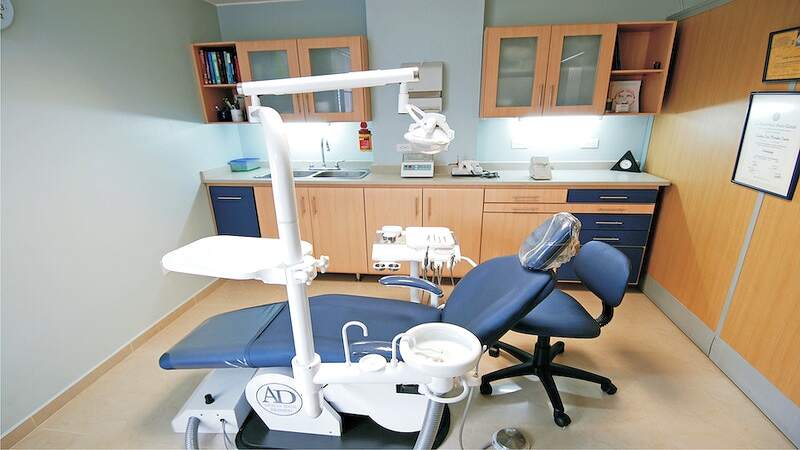Visiting the dentist can sometimes be a daunting experience, but understanding what to expect and how to prepare can make the process smoother and less stressful. In this guide, we’ll cover essential information and tips to help you navigate dental dilemmas and ensure a successful visit to your dentist.
1. Regular Checkups are Essential
Regular dental checkups are crucial for maintaining oral health. Dentists can detect and address issues early, preventing more significant problems down the road. Aim for dental checkups every six months.
2. Dental Anxiety is Common
If you experience dental anxiety, you’re not alone. Many people feel nervous about dental visits. Don’t hesitate to discuss your anxiety with your dentist, who can provide strategies or sedation options to help you relax.
3. Dental Insurance and Costs
Understand your dental insurance coverage and benefits before your appointment. Know what your plan covers, what co-pays or deductibles you’ll be responsible for, and any annual maximums. Discuss costs and payment options with your dentist’s office.
4. Share Your Medical History
Your dentist needs to know your complete medical history, including any chronic conditions, medications you’re taking, and allergies. This information can impact your dental care and treatment options.
5. Communicate Your Concerns
During your appointment, communicate any dental concerns or symptoms you’ve been experiencing. The more information you provide, the better your dentist can assess and address your issues.
6. Routine Cleanings are Vital
Dental cleanings are not just about polishing your teeth; they remove plaque and tartar buildup, which can lead to gum disease and cavities if left untreated. Don’t skip routine cleanings.
7. X-Rays: When and Why
Dentists may recommend dental X-rays to detect issues not visible to the naked eye, such as cavities between teeth or problems with the jawbone. Discuss the necessity and safety of X-rays with your dentist.
8. Brushing and Flossing Technique
Your dentist can provide guidance on proper brushing and flossing techniques. Using the right methods at home is essential for maintaining oral health between visits.
9. Dental Treatments and Procedures
If your dentist recommends treatments or procedures, ask for a clear explanation of what they entail, including benefits, risks, and costs. Don’t hesitate to seek a second opinion if you have concerns.
10. Oral Cancer Screenings
Many dental checkups include oral cancer screenings. These screenings can detect early signs of oral cancer, increasing the chances of successful treatment.
11. Children’s Dental Care
If you have children, start their dental visits early. Pediatric dentists specialize in children’s dental health and can provide age-appropriate care and education.
12. Dental Emergencies
Know what to do in case of a dental emergency, such as a knocked-out tooth or severe toothache. Immediate action can make a significant difference in the outcome.
13. Dental Care for Special Needs Patients
Dentists can accommodate patients with special needs, including those with physical or cognitive disabilities. Inform your dentist about any special needs to ensure a comfortable and effective visit.
14. Post-Appointment Care
Follow your dentist’s post-appointment care instructions, such as any prescribed medications or recommended follow-up appointments. Proper aftercare can optimize treatment outcomes.
15. Build a Dental Routine
Consistency is key to maintaining oral health. Build a dental routine that includes daily brushing, flossing, regular checkups, and a healthy diet to keep your smile in top shape.
Dental dilemmas don’t have to be daunting. By staying informed, communicating with your dentist, and taking proactive steps to care for your oral health, you can make your dental visits more comfortable and ensure a bright and healthy smile for years to come.


